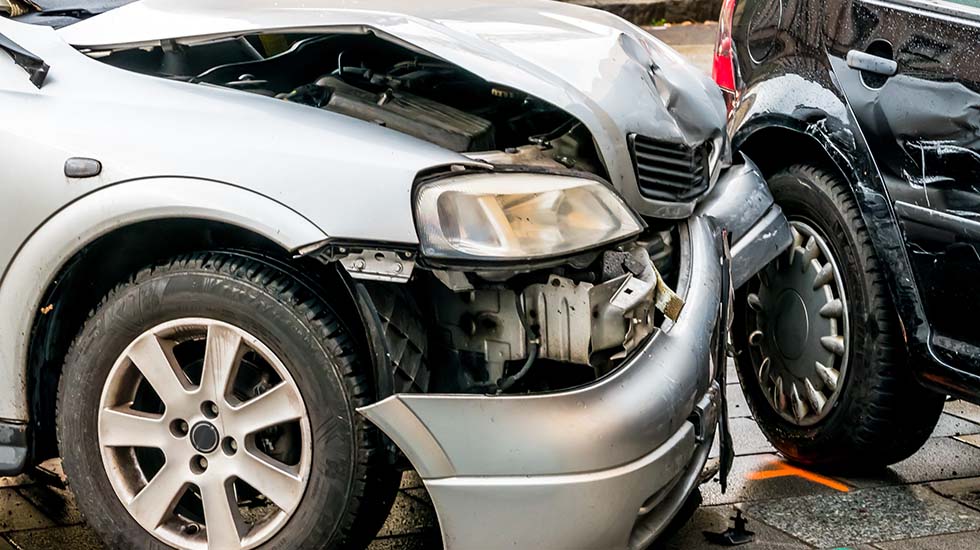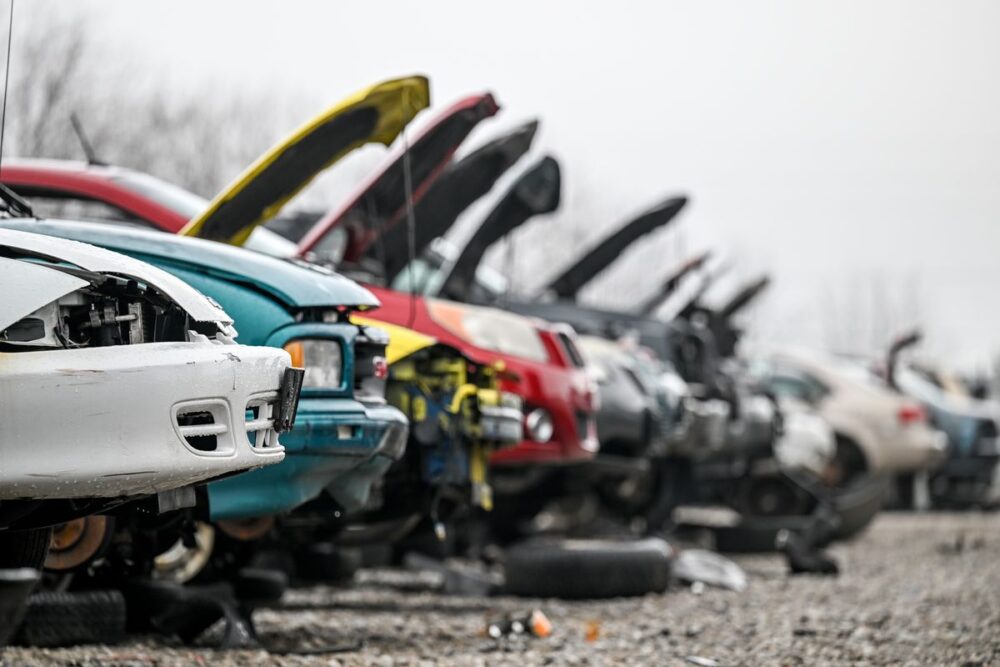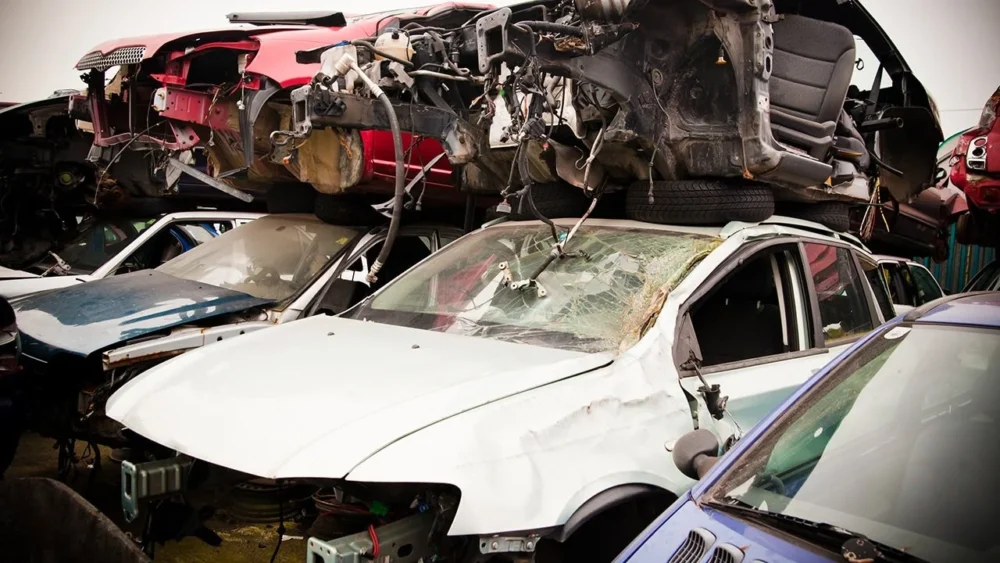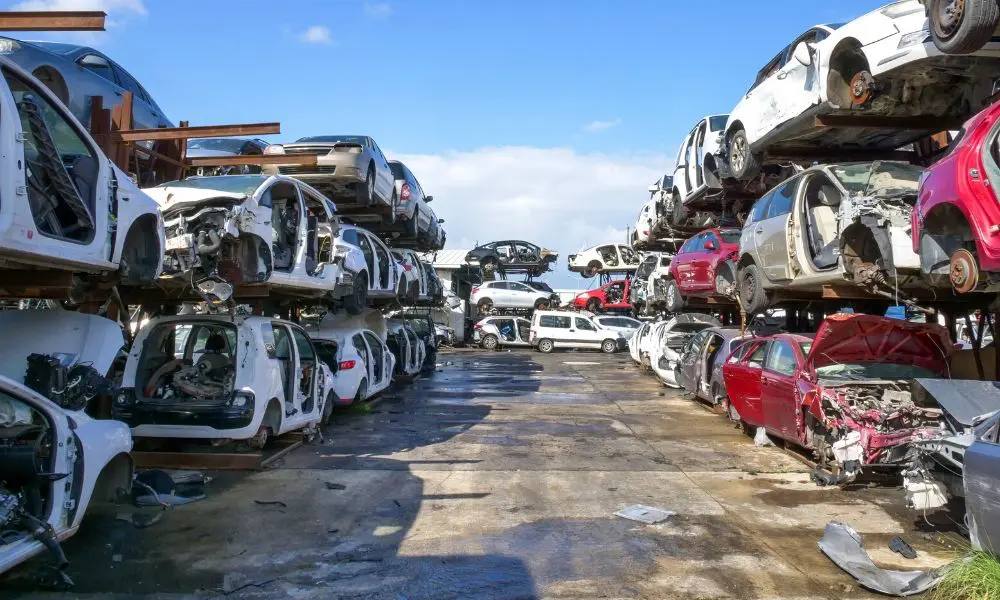In today’s fast-paced world of car buying, where options seem limitless, and opportunities to score incredible deals are just a click away, salvage vehicles have carved out their own unique niche. These cars, bearing the scars of past accidents, total loss declarations, or other damages, offer an intriguing proposition to a diverse array of consumers. For those on a budget, DIY enthusiasts with a mechanical bent, and individuals in pursuit of a distinctive automotive project, salvage vehicles have become an attractive avenue.
With various companies and online platforms, like this website, dedicated to connecting buyers with outstanding deals on salvage vehicles, one can easily find a great deal. These digital marketplaces serve as invaluable resources for individuals eager to explore the world of salvage cars, offering an abundance of options, information, and convenience that can help you find your dream project or a budget-friendly ride.
However, the world of salvage vehicles, despite its appeal, often finds itself shrouded in an air of misunderstanding and myth. It’s not uncommon to encounter various misconceptions that surround these intriguing automotive opportunities. In this article, we aim to shed light on these myths and provide clarity on the realities of salvage vehicles, offering you a clearer understanding of what to expect when exploring this unique automotive territory.
Now, let’s address the common misconceptions surrounding salvage vehicles and equip you with the knowledge needed to navigate this unique and intriguing corner of the automotive world.
Misconception 1: Salvage Cars Are Irreparable

One of the most persistent myths surrounding salvage vehicles is that they are beyond repair. While it’s true that many salvage cars have suffered significant damage, it doesn’t mean they’re impossible to fix. In fact, many salvage vehicles are brought back to life through diligent repairs and restorations, returning to the road in excellent condition. The key lies in understanding the extent of the damage and having the skills or resources to repair it.
Misconception 2: Salvage Vehicles Are Always Unsafe
Safety concerns are often raised regarding salvage vehicles, leading some to believe that they are inherently unsafe. In reality, the safety of a salvage vehicle depends on the quality of repairs and the thoroughness of the inspection and assessment process. When restored correctly, salvage vehicles can be just as safe as their non-salvage counterparts. It’s essential to ensure that all necessary repairs, especially those related to safety systems, have been conducted and thoroughly tested.
Misconception 3: Salvage Vehicles Have Hidden Costs

Source: nitalemonlaw.com
There’s a common belief that buying a salvage vehicle will inevitably lead to unforeseen and exorbitant costs. While it’s true that salvage vehicles may require additional repairs compared to non-salvage cars, these costs can often be predicted and budgeted for. Before buying, always conduct a comprehensive inspection and seek repair estimates to understand the full scope of the necessary work. This way, you can make an informed decision and avoid unexpected financial surprises.
Misconception 4: You Can’t Find Salvage Cars in Good Condition
Contrary to popular belief, salvage vehicles are not always basket cases. Some salvage cars are lightly damaged or have cosmetic issues that make them an excellent choice for buyers who seek an affordable yet functional vehicle. By conducting thorough research and inspection, you may come across a salvage car that only requires minor repairs, allowing you to save on the purchase price without sacrificing reliability.
Misconception 5: Salvage Cars Are Difficult to Insure and Register

Source: automoblog.net
While it’s true that insurance and registration requirements for salvage vehicles may differ from those of traditional vehicles, it doesn’t mean they are impossible to insure or register. Many insurance companies offer coverage for salvage cars, and the registration process is manageable with the right documentation. It’s advisable to check with local authorities and insurance providers to understand the specific requirements in your area.
Misconception 6: Reselling Salvage Vehicles Is Impossible
Unfortunately, and for some businessmen, luckily, there are people who believe that once you own a salvage vehicle, you’re stuck with it forever, and it’s impossible to resell. In reality, many individuals and even businesses specialize in buying and selling salvage vehicles.
These savvy entrepreneurs, often referred to as “salvage car flippers,” are experts at acquiring damaged vehicles, restoring them to roadworthy conditions, and then reselling them for a profit. They understand that the salvage car market is brimming with potential, both for those in need of affordable transportation and for individuals who enjoy breathing new life into vehicles.
If you decide to part ways with your salvage car, you can rest assured that there’s a thriving market waiting for your vehicle. While the resale value may not match that of a non-salvage car, you can still recoup a significant portion of your investment. The key to securing a good price when selling your salvage car is to present it in the best possible condition. Ensure that all repairs are well-documented and that you can provide a comprehensive history of the car’s restoration process.
Furthermore, maintenance records and a detailed description of the work done can go a long way in reassuring potential buyers. If the vehicle has been professionally restored, it may even have a chance of finding its way into the hands of an enthusiast looking for a unique project or a reliable mode of transportation.
The resale market for salvage vehicles is more vibrant and accessible than many would assume. If you’ve cared for and restored your salvage car diligently, you can find a new owner who sees the potential and value in your vehicle. Salvage cars often end up with happy second owners who appreciate the savings and the opportunity to own a unique piece of automotive history.
In Conclusion
Salvage vehicles offer a unique opportunity for budget-conscious car shoppers, hobbyists, and those in search of a restoration project. However, it’s essential to dispel common misconceptions and approach the world of salvage vehicles with knowledge, transparency, and a commitment to thorough inspection and assessment. By separating fact from fiction, you can make informed decisions and potentially find a valuable addition to your automotive journey.


















